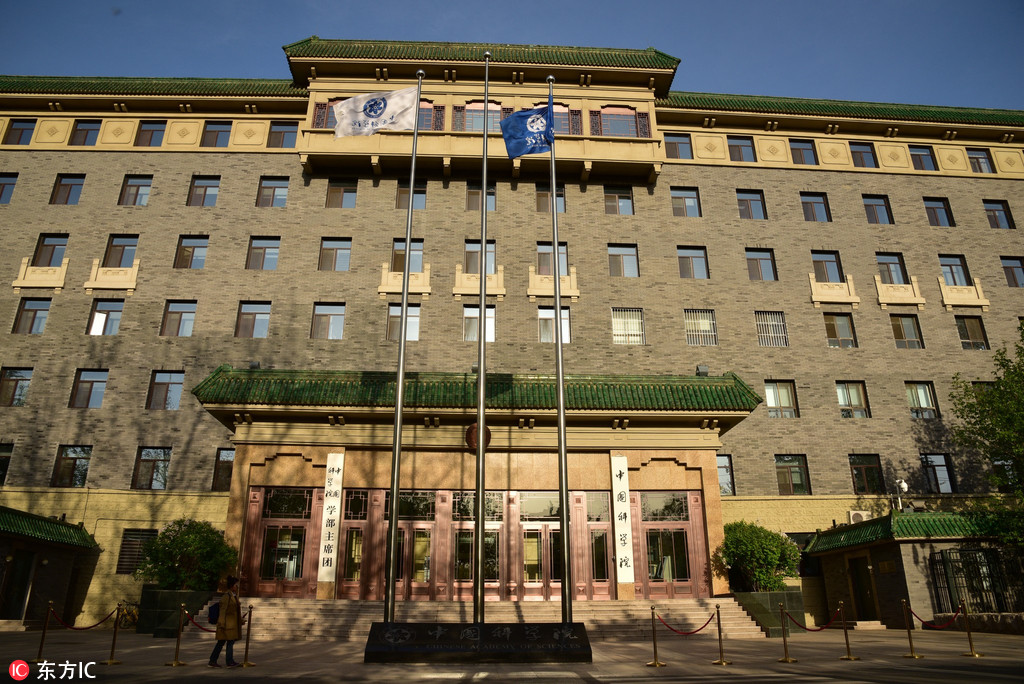2 nuclear scientists suspended for failing to stop Taoist ritual


The Chinese Academy of Sciences announced on Monday that it had suspended two scientists who were present during a Taoist ritual-meant to convey blessings of safety and success-at the groundbreaking ceremony for its advanced nuclear facility in Gansu province on Thursday.
The academy sees such blessings as pseudoscience.
The two scientists, He Zhanjun and Cao Yuxiang, were staff members of the academy's Shanghai Institute of Applied Physics, the institute said in a statement on Monday. It said it will increase supervision to prevent similar incidents in the future.
The institute issued an apology on Saturday after pictures of the ritual went viral online. They featured a priest in Taoist robes holding various items that are part of such blessings. The local government also began investigating seven other officials.
An investigation by the academy found that the ritual was organized by the construction team for the institute's Thorium-based Molten Salt Reactor, the academy said on Monday.
Although the two scientists did not know about the planned ritual and didn't participate in it, they did nothing to stop it, the academy said.
"The academy's institutions should uphold the crucial duty of promoting the scientific spirit and development, but it failed to effectively supervise the building process of its related scientific projects," it said.
"This created an incident that went against the spirit of science, and we sincerely apologize to the public."
The new reactor, which uses thorium as an alternative to uranium as an energy source, can provide cleaner and safer nuclear energy with greater sustainability and efficiency at lower cost, according to the World Nuclear Association.
Despite its potential, only a handful of countries in the world, including the United States, Russia, France, India and the Netherlands, are actively pursing the technology because of the extreme engineering difficulties involved and the political and social debate over nuclear energy.
Jin Yong, deputy director of the School of Foreign Studies at Communication University of China, said religious rituals to convey blessings of safety and success have been a common practice in China and will be hard to do away with.
Such rituals are closely linked with Taoism, which claims to use the concept of feng shui, or geomancy, to harmonize an object's energy force with its surrounding environment. The earliest techniques for these rituals are more than 3,500 years, according to Chinese encyclopedias on cosmology and culture.
"The existence of such activities shows that our social norms and ethics need to be improved," Jin said.
"It makes us think how we can rationally and legally provide guidance to those unhealthy and unscientific behaviors in society."
- Experts sharpen focus on new frontiers of AI
- Swiss watchmakers celebrate birthday with Shanghai exhibition
- Documents dating to Japan's bacteriological war in China released in Guangzhou
- Former Namibian President: China's contributions will always be bigger than many other countries
- Government program launched to assist China's young job seekers
- Student dorm AC installations fast-tracked in Shandong




































